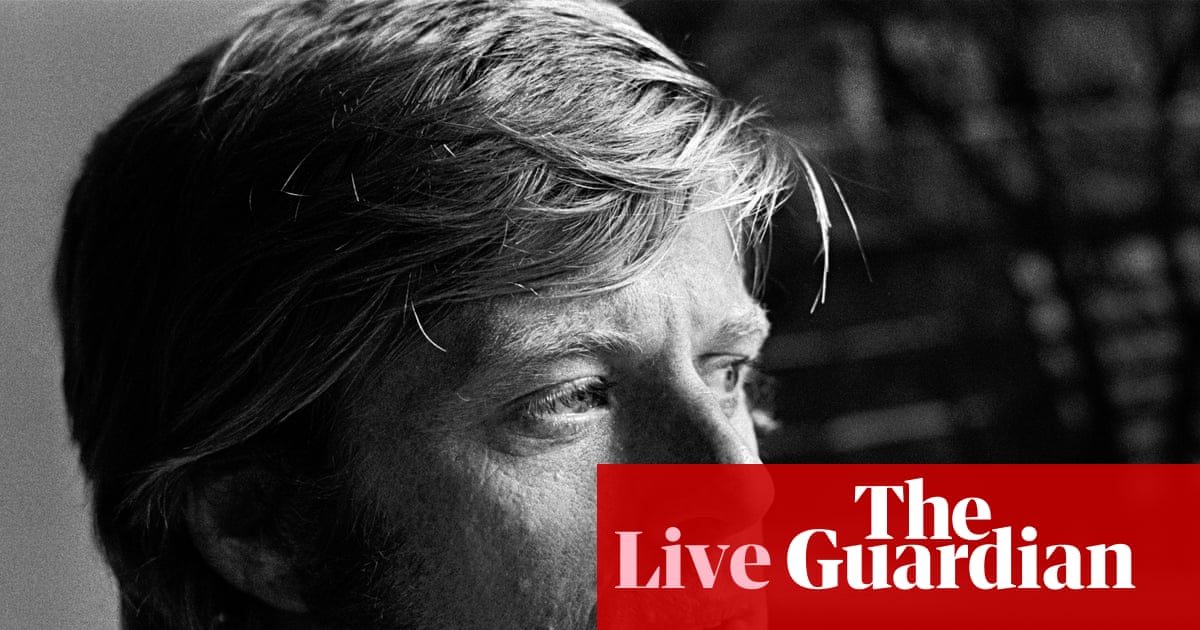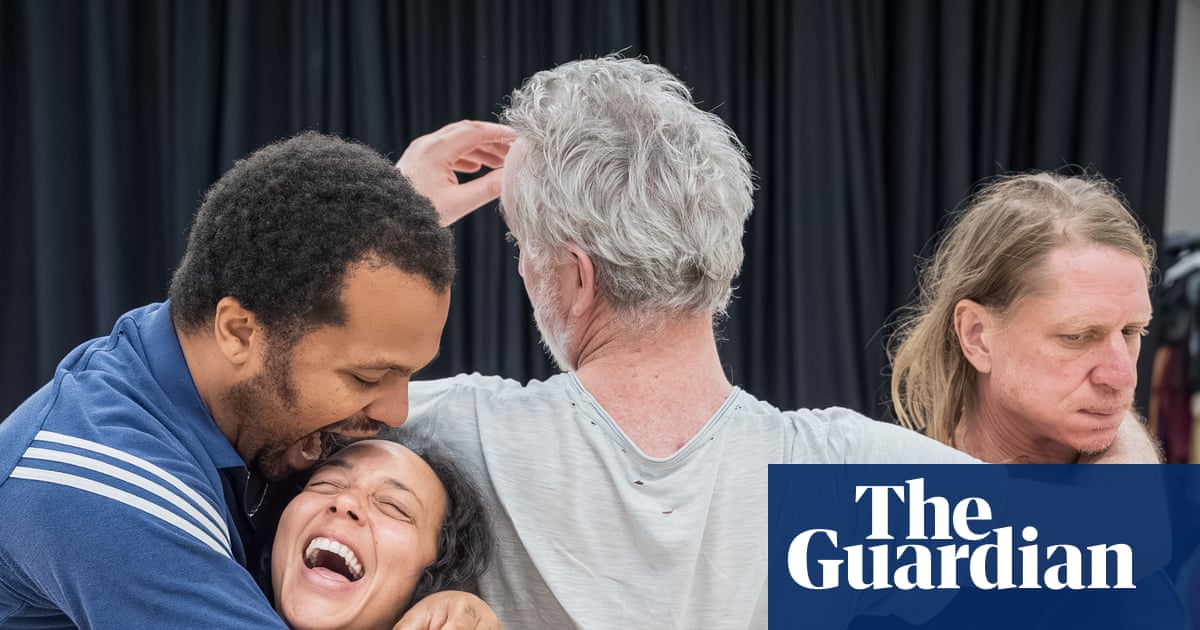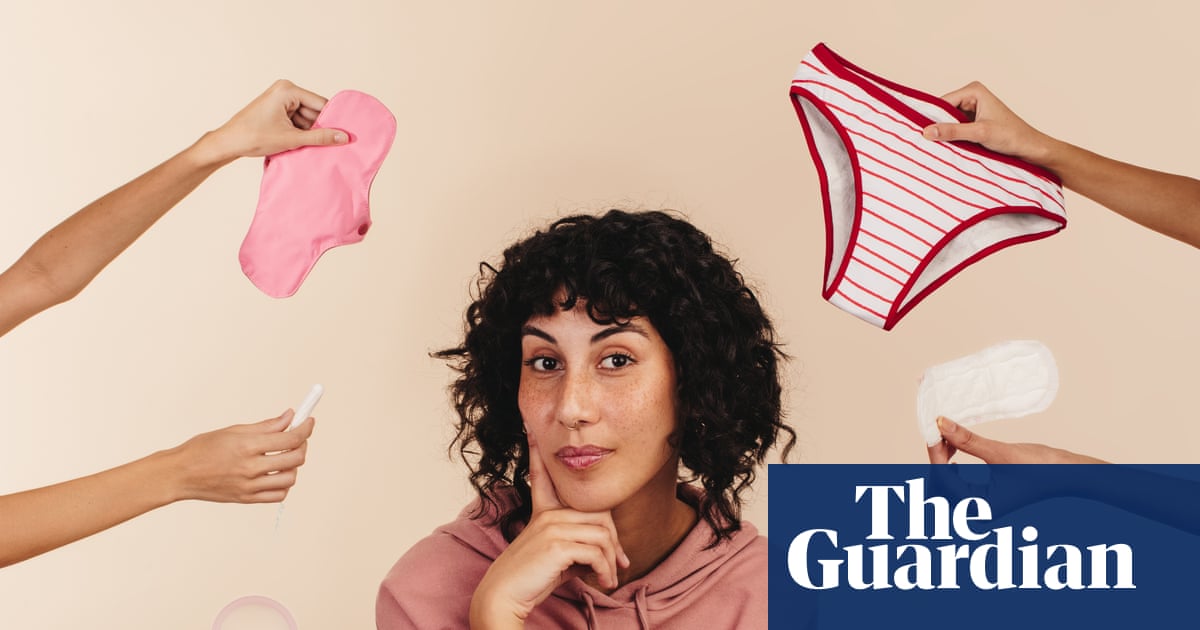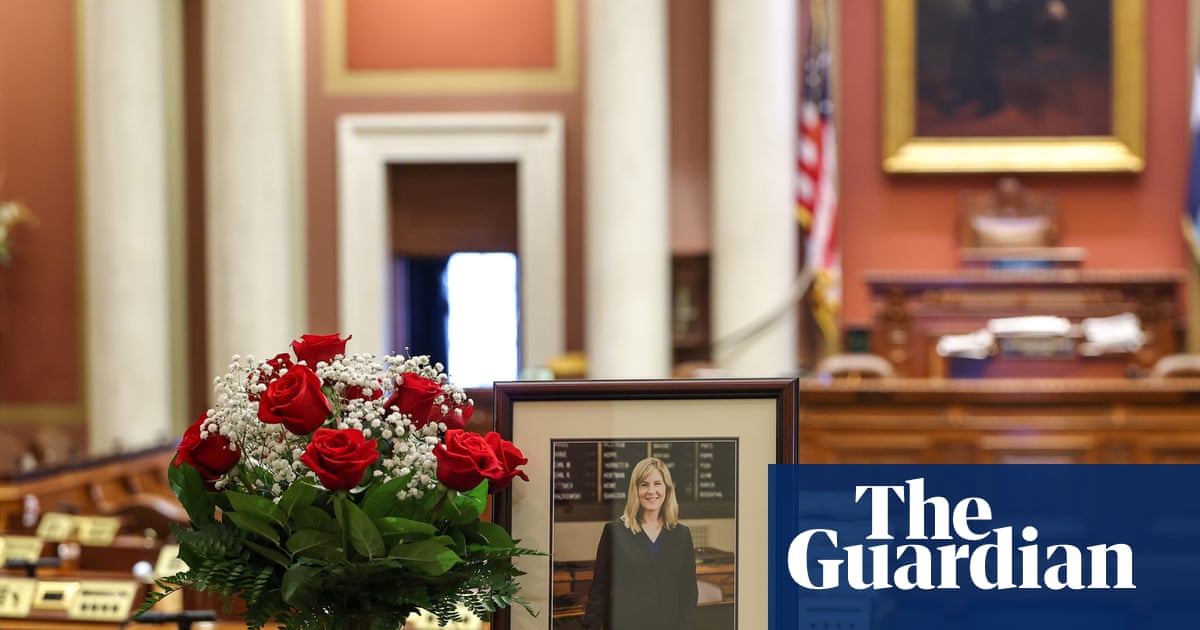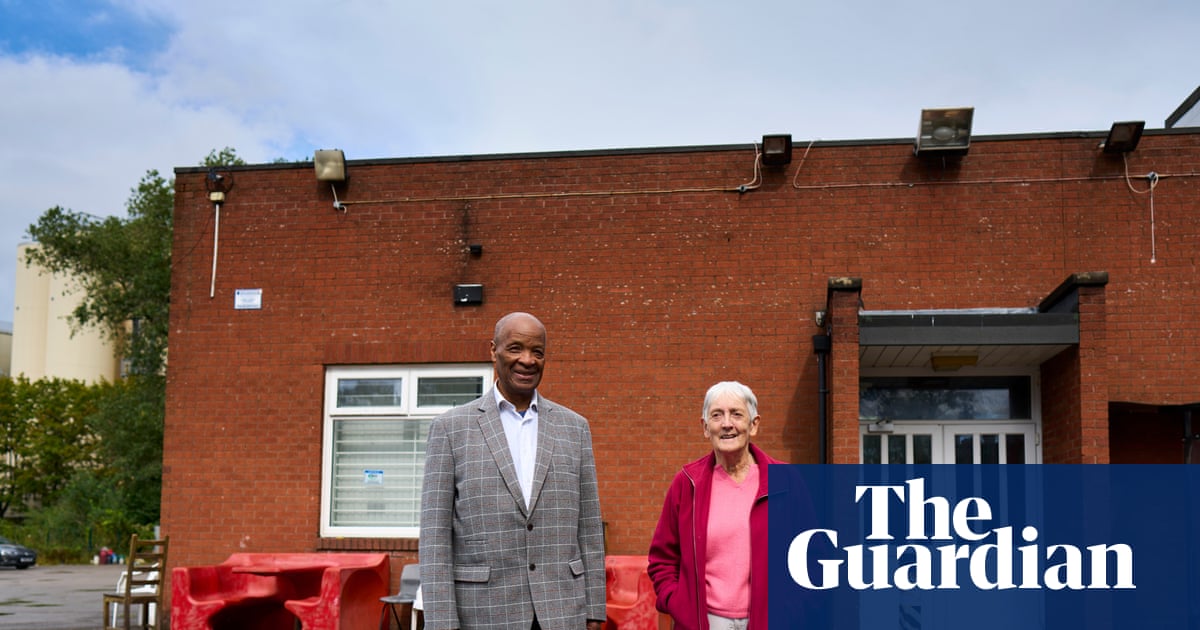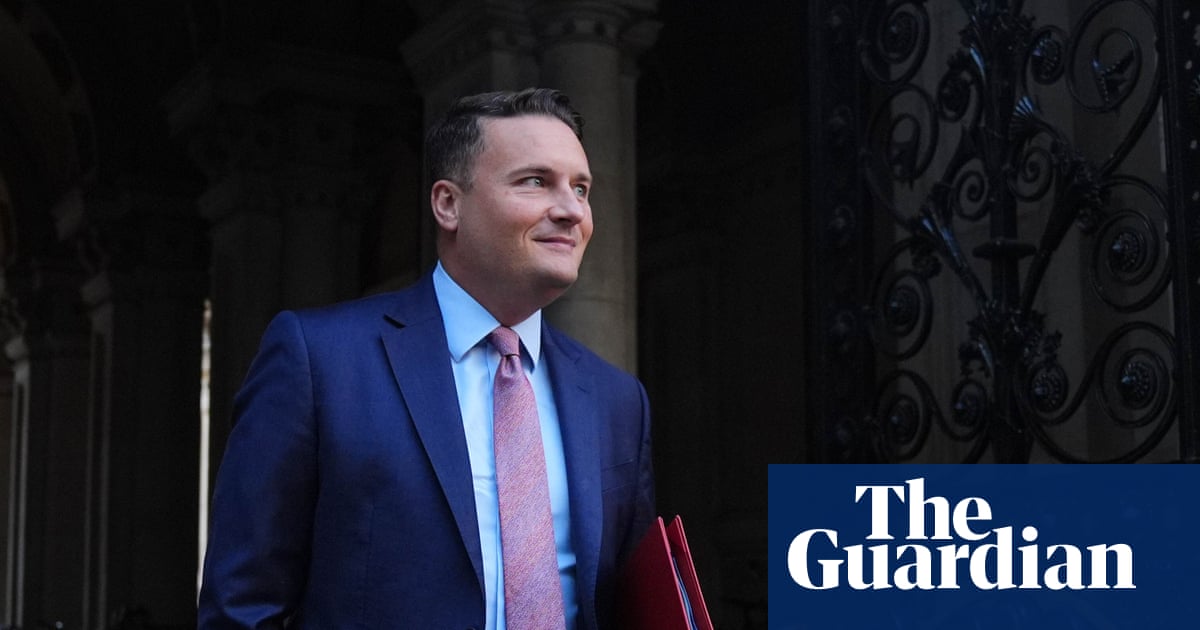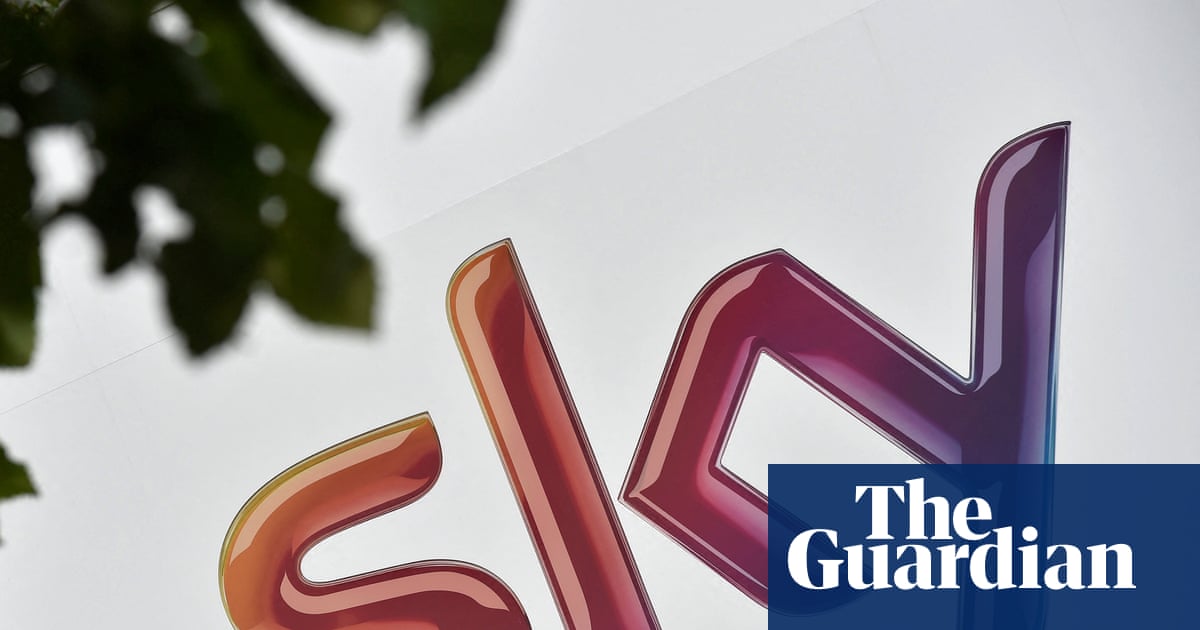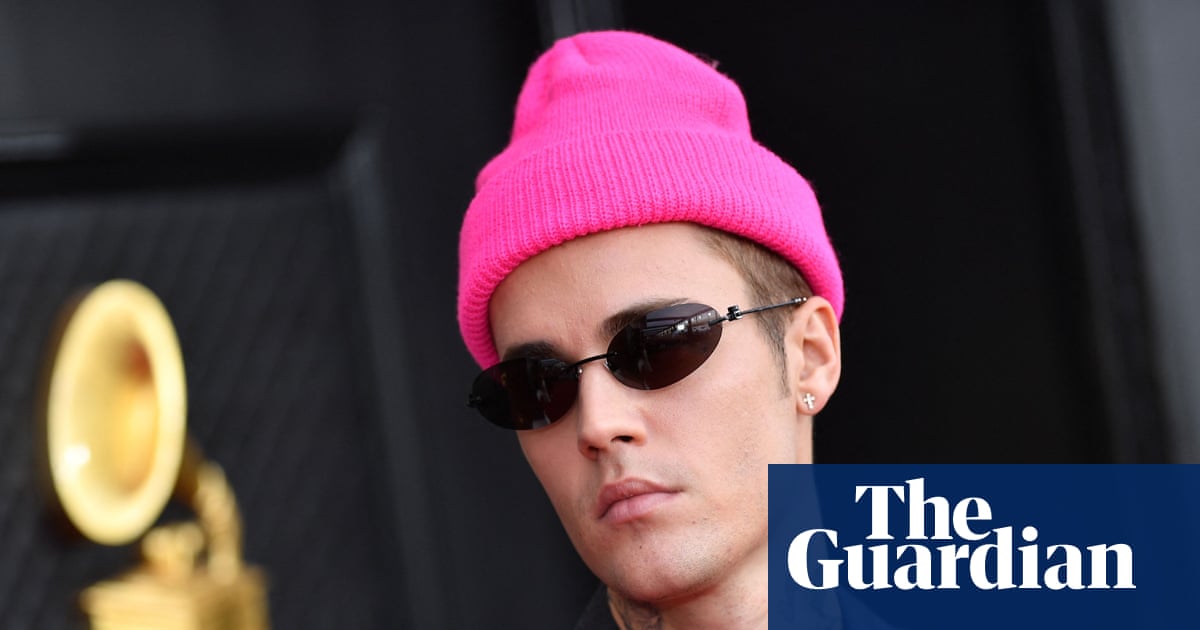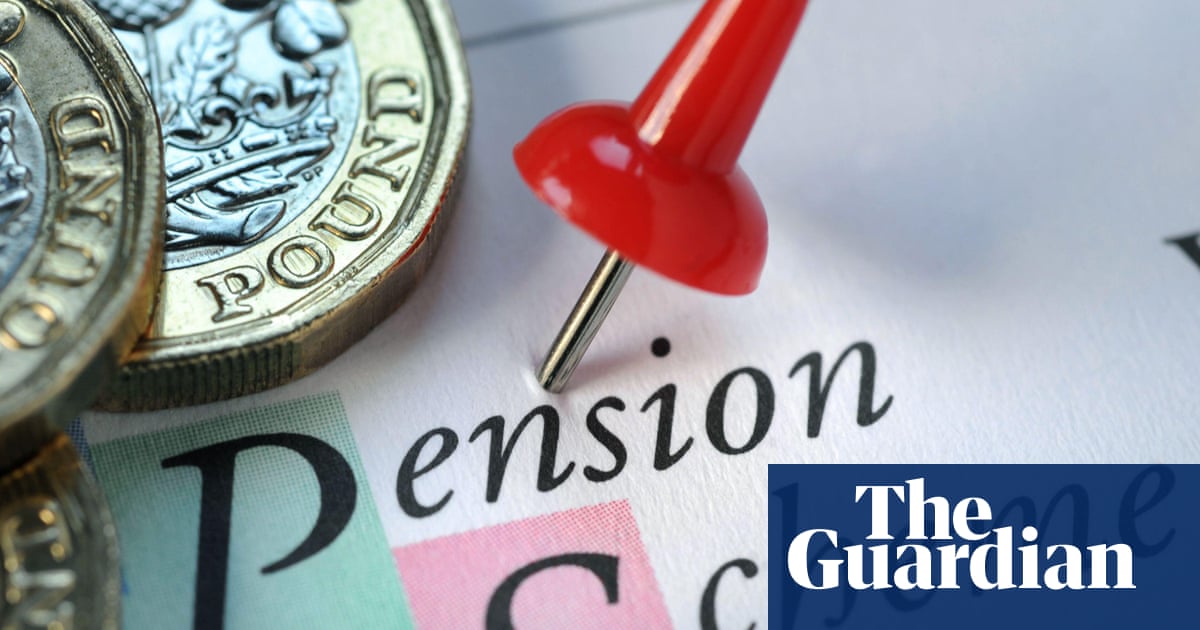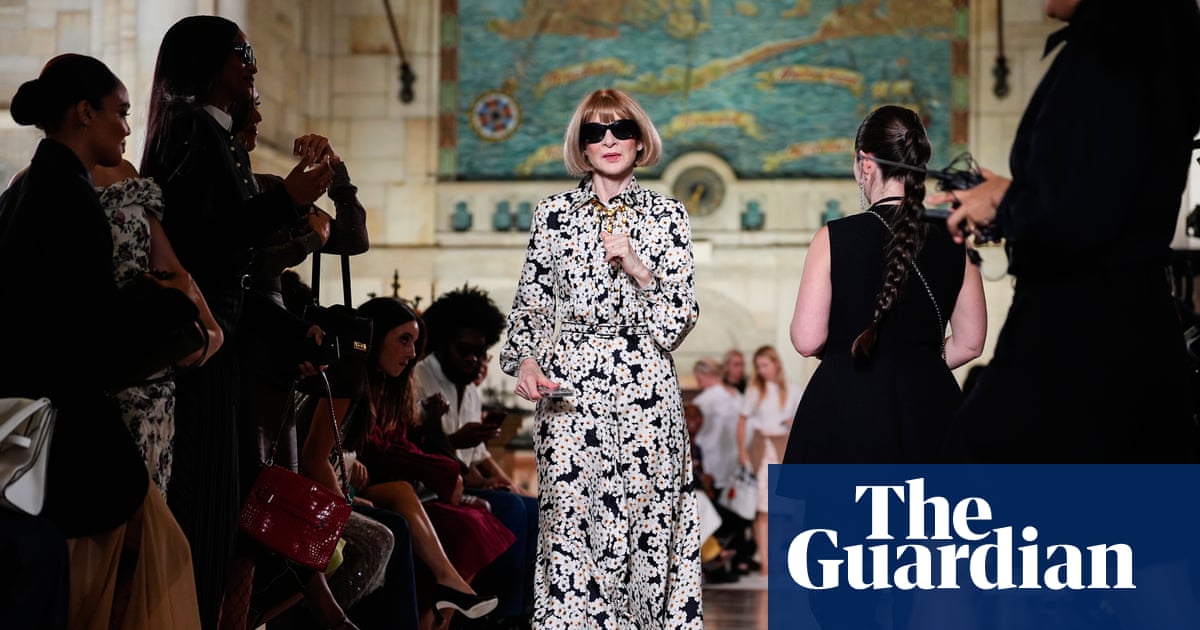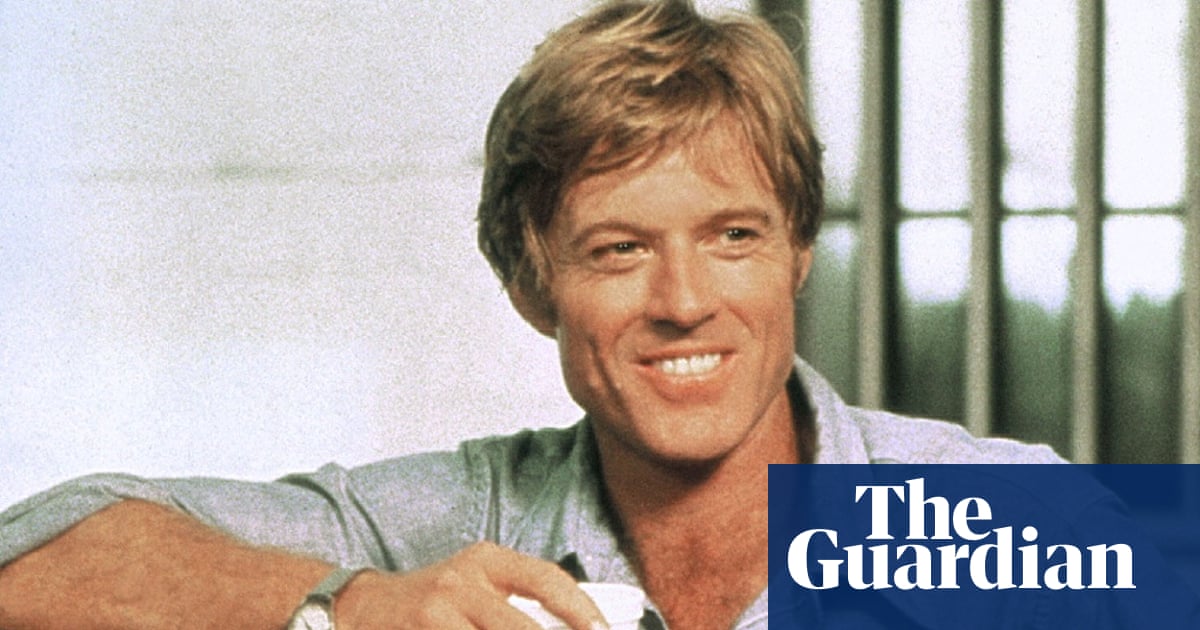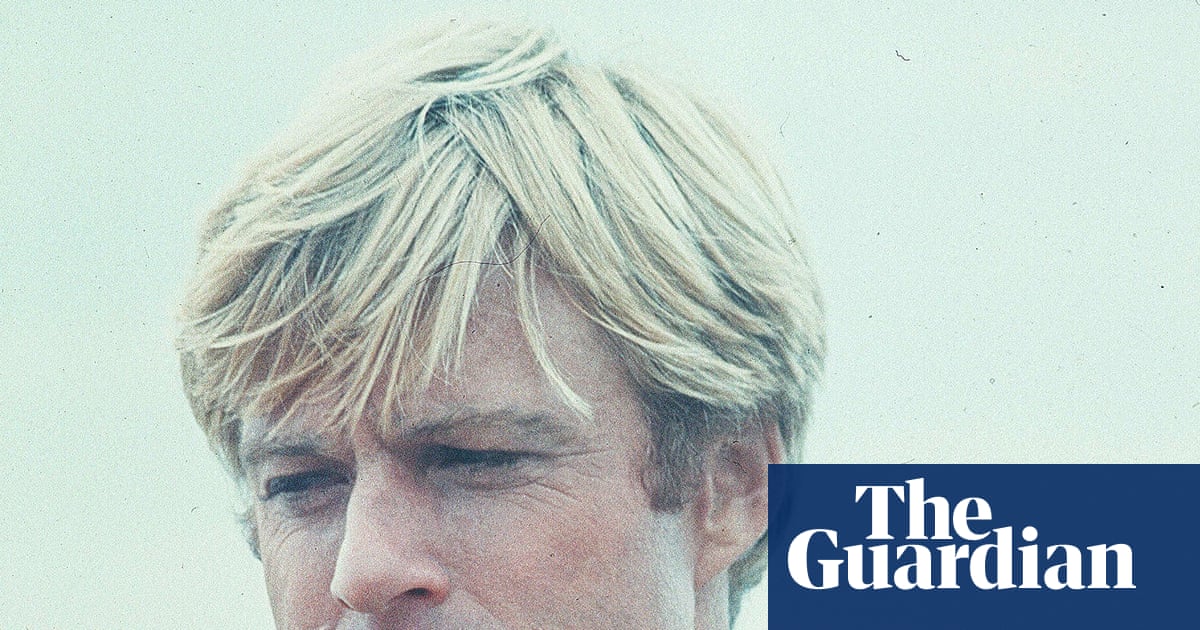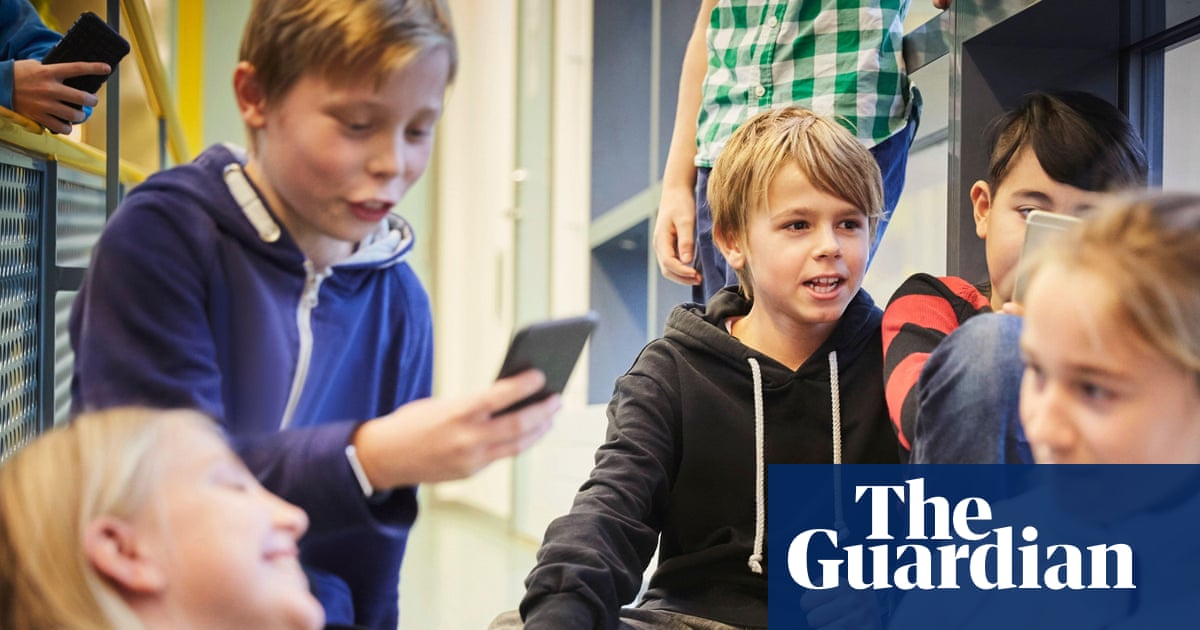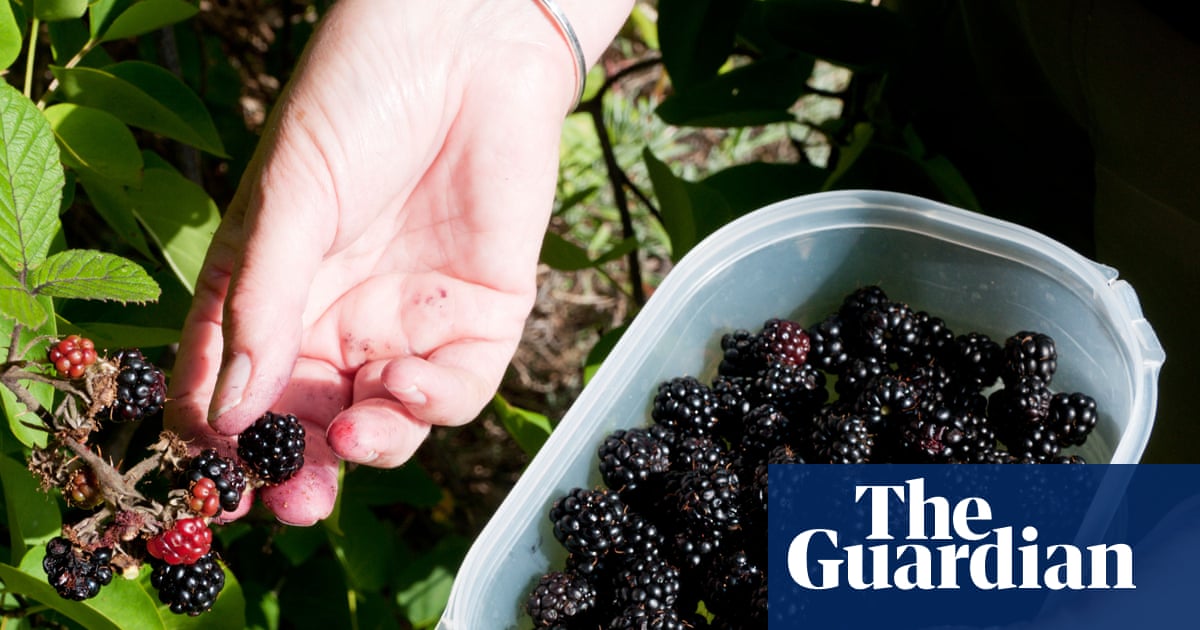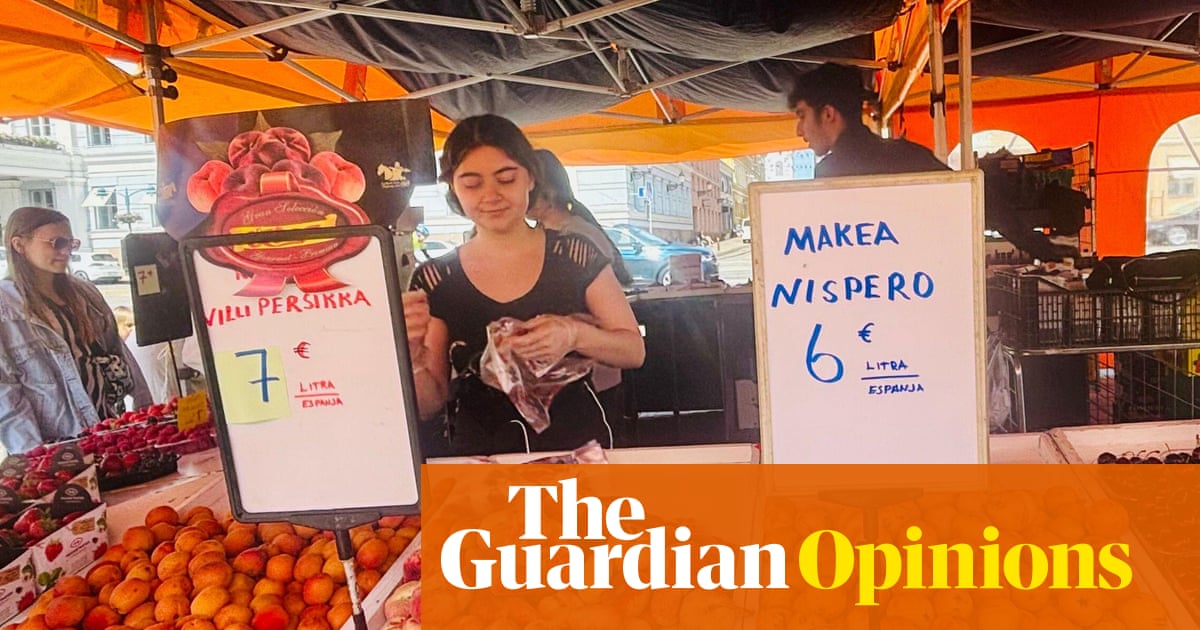They hunt high and low for Labour’s missing message, vision, purpose or identity. Well, here it is, where it always was, in the future of children. It’s what Labour does best, what it is for: building a society where children come first and everything else falls into place. The foundations have now been laid by Bridget Phillipson by finally bringing back Sure Start to England – the most successful achievement of the last Labour government – now rebranded as Best Start family hubs.
It’s a pity about the new name, but young parents recognise “hubs”, whereas Sure Start is largely gone and forgotten. Its uprooting began the day Michael Gove arrived as education secretary in 2010. He entered the “Department for Children, Schools and Families” – a name chosen to reflect the awareness that children don’t learn without wraparound care for their whole lives – and replaced it with the Gradgrind “Department for Education”. Family stuff was flimflam, distracting from rote learning, and arts, music, drama and sports were expunged from his Ebacc’s core subjects.
Labour’s identity and purpose is captured in Best Start’s view of what makes children thrive. In a short time Phillipson will be rolling out across England free universal breakfast clubs, 300 nurseries in primary schools, nurseries for babies from nine months old, and 30 hours a week free childcare for preschool children in September. That’s a blessing for working parents, but its prime purpose is infant education, where most good is done for life chances. A new database will now link all hub services to Wes Streeting’s new neighbourhood health centres, helping to identify vulnerable children.
Labour pledges £1.5bn over three years to fund 1,000 family hubs – at least one in every council in England. Councils, even those run by Reform UK, will be forced to use this money on Best Starts. More hubs will follow in the next spending round: it took 10 years to establish Sure Start, and even then many of the 3,600 centres were still in their early phases, not yet offering all the health visitors, midwives, speech and language therapy, children’s mental health services, parental support, employment, debt and addiction support and many other services. Sadly, some beautiful, purpose-built centres were sold off in post-2010 vandalism. When fully functioning, they were life-changing: Angela Rayner speaks for many when she talks emotionally about how a Sure Start course taught her as a teenage mother to hug and read to her son, breaking a generational cycle. This time, Labour says it is determined to cement Best Start into the national psyche, making it as untouchable as the NHS, so it is unthinkable for future governments to wreck it again.
The Institute for Fiscal Studies (IFS), monitoring Sure Start’s lasting effects, finds that those living near a Sure Start centre in their early years “performed significantly better in assessments at ages 7, 11 and 16”, and achieved better GCSE results. At 15 they had 15% fewer absences from school. Sure Start children had many fewer hospitalisations, with fewer injuries and poisonings, “likely reflecting improved safety in the home environment”, and “an improvement in family functioning”. Teenagers suffered fewer depressive and anxiety disorders, while 12- to 14-year-olds had 50% fewer mental health hospitalisations.
Because they caught problems early, fewer Sure Start children needed Send plans in school. This research raises hopes that Best Start will lead to fewer children needing education, health and care plans (EHCPs). But, unlike with the disastrous plans to cut disability benefits, Labour should wait for the plan to succeed and for the need to drop naturally, and not cut support first.
Here’s why this is being positioned as the emblem of Labour’s prime purpose: Sure Start reduced inequalities, and was the best way to improve outcomes for the most disadvantaged. These children would, the IFS calculates, earn £11 more for every £1 of Sure Start investment, while the state would gain £5.5.bn for the £2.5bn cost. Here’s the IFS’s conclusion. “The impacts of Sure Start were remarkably long lasting.” And those effects may be even stronger than can be proved, since inadequate data means all children living near a Sure Start centre were counted as benefiting, including those with no contact, diluting the results.
For those who seek a defining Labour project, this is it. Best Start hubs must be the flagship for future spending – the roots of a better society. Imagine if Sure Start had flourished and grown over the past 14 years, and if each cohort of children year after year had emerged better, instead of falling back.
Phillipson revealed the cost of backsliding in a speech in Sunderland last week. The social gap between children arriving at primary school widened in the Tory years: a quarter are not fully toilet trained, a third can’t follow instructions, half can’t sit still, and reception teachers lose two and half hours a day catching these children up, to the detriment of the rest. That disadvantage gap at five years old is still there at 16. As Best Start begins the repairs, it should start by including left-out two-year-olds with unemployed parents – the most deprived, who for bizarre reasons are currently denied full-time nursery.
Best Start alone is not enough. The cardinal pledge is that child poverty will fall steeply by the next election, as it has under every Labour government: Rachel Reeves and other ministers confirm this whenever they are asked. I am convinced that the child poverty taskforce led by Phillipson and Liz Kendall, reporting in the autumn, will remove the two-child benefit cap. Ignore the revengeful, anonymous No 10 briefer who taunted benefit rebels by saying that plans to remove the cap were “dead in the water”. Phillipson admits the expensive welfare U-turn makes it harder, but I can’t see the cap surviving. Counter-briefings I have heard say it is unthinkable that the taskforce will leave it in place. Listen when she says her “driving mission” is to “break the link between [a child’s] background and what they go on to achieve”. How else would that be achieved?
The way forward is clear: Starmer and Reeves must make Best Start core to every speech they give. Children come first, in everything. Triple-locked pensions, social care and even the NHS must give way to children. The children’s commissioner for England today reports that “children are living in ‘Dickensian levels’ of poverty”. Neil Kinnock has a suggestion: raise the money from the very richest. A 2% wealth tax on those who have £10m or more would yield £24bn – a plan that gets strong support from three-quarters of voters. Pain and political trouble beckon at the next budget. It’s time for this government to do something popular: pay for children’s future with the proceeds of past inequality.
-
Polly Toynbee is a Guardian columnist

.png) 2 months ago
31
2 months ago
31
